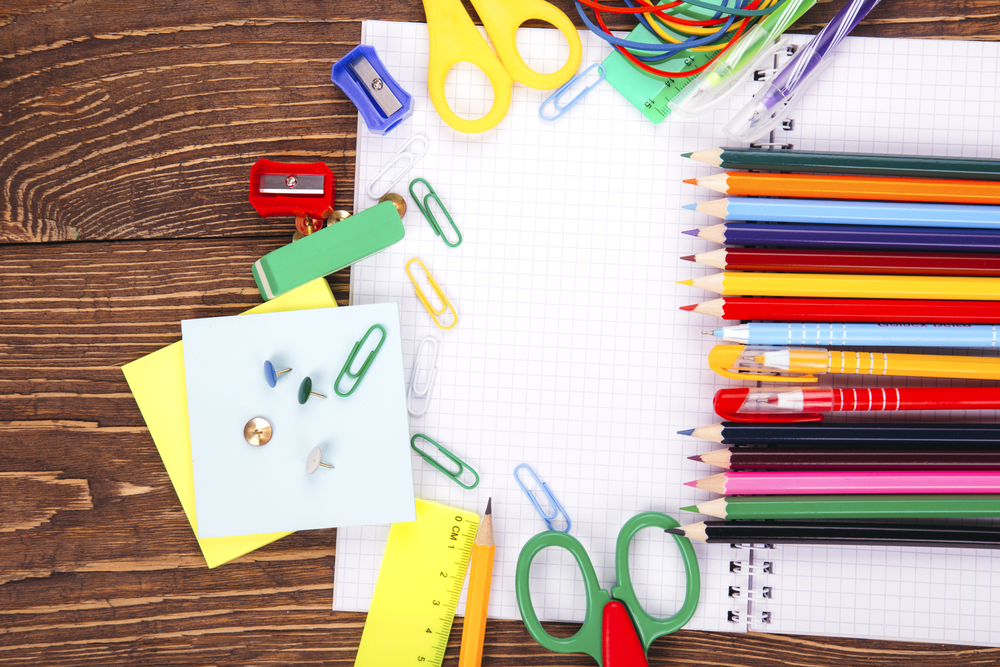Normal Writing Worksheets for Ages 3-7
135 filtered results
-
From - To
Introducing our engaging Normal Writing Worksheets for ages 3-7, designed to nurture young learners' handwriting skills! Our thoughtfully crafted worksheets foster essential motor skills through fun and interactive activities. Children can practice letters, words, and simple sentences, enhancing their writing confidence. Perfect for home or classroom use, these worksheets cater to various learning styles, ensuring every child thrives. With vibrant designs and age-appropriate content, kids will enjoy exploring the world of writing. Whether your child is just starting or needs a confidence boost, our Normal Writing Worksheets provide the ideal support for their writing journey. Download and inspire creativity today!
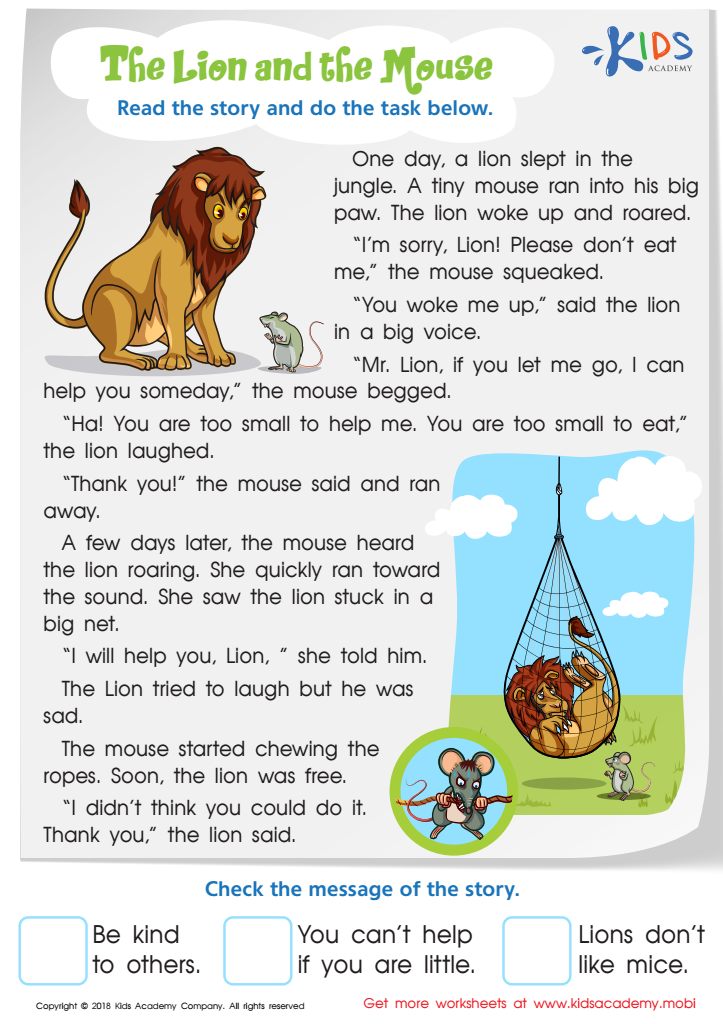

The Lion and the Mouse Worksheet
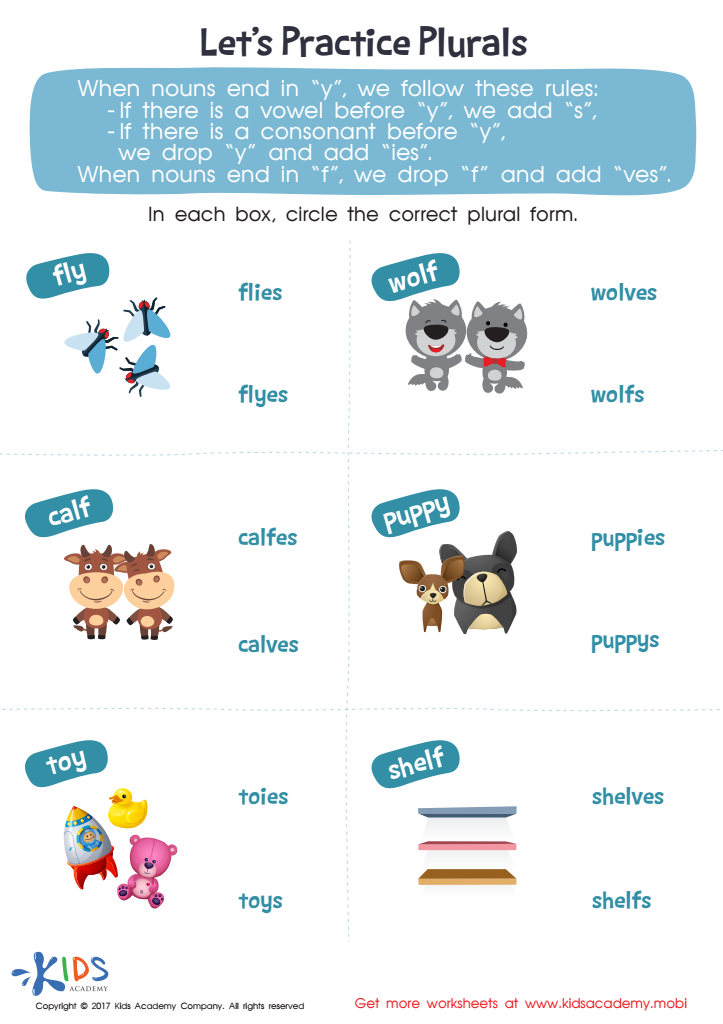

Let's Practice Plurals Word Structure Worksheet
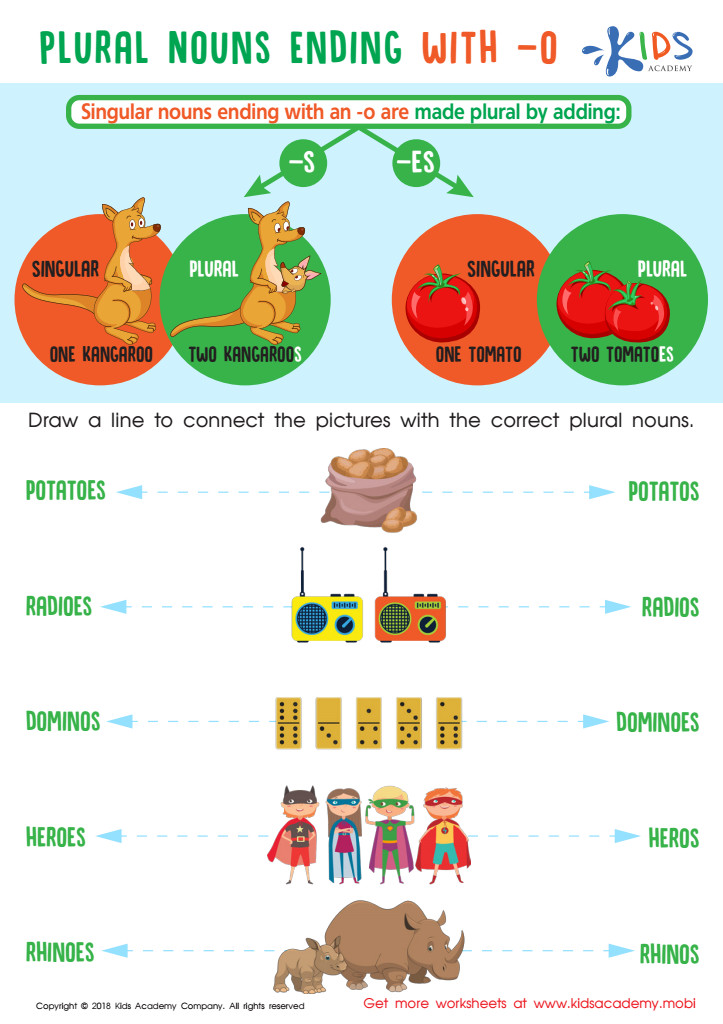

Plural Nouns Ending with -o Worksheet
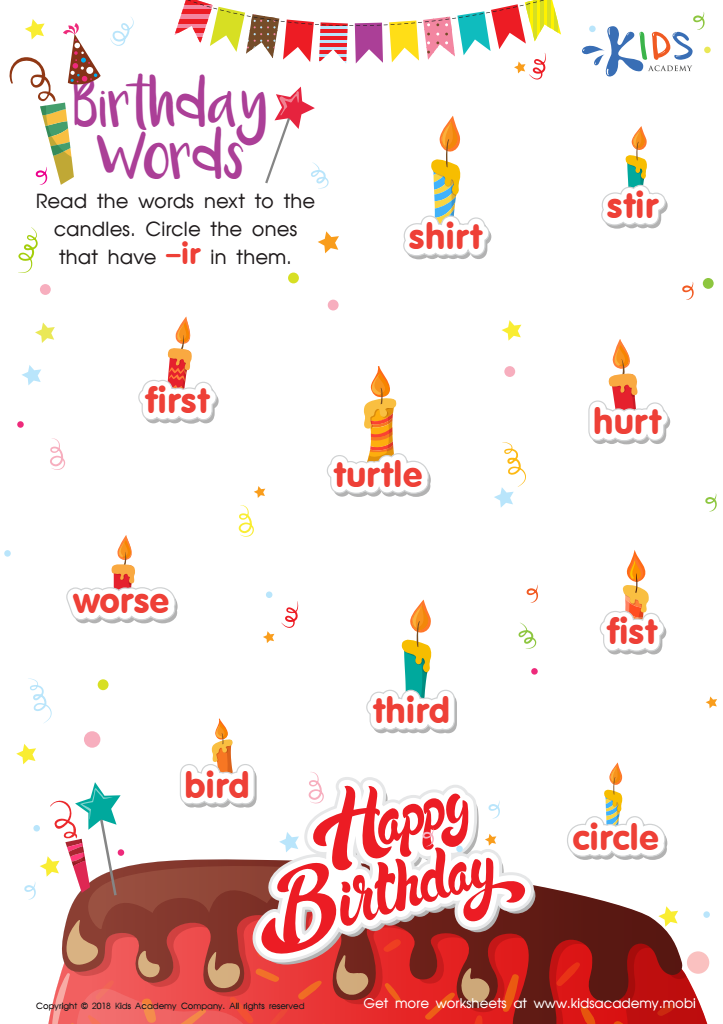

Birthday Words Worksheet
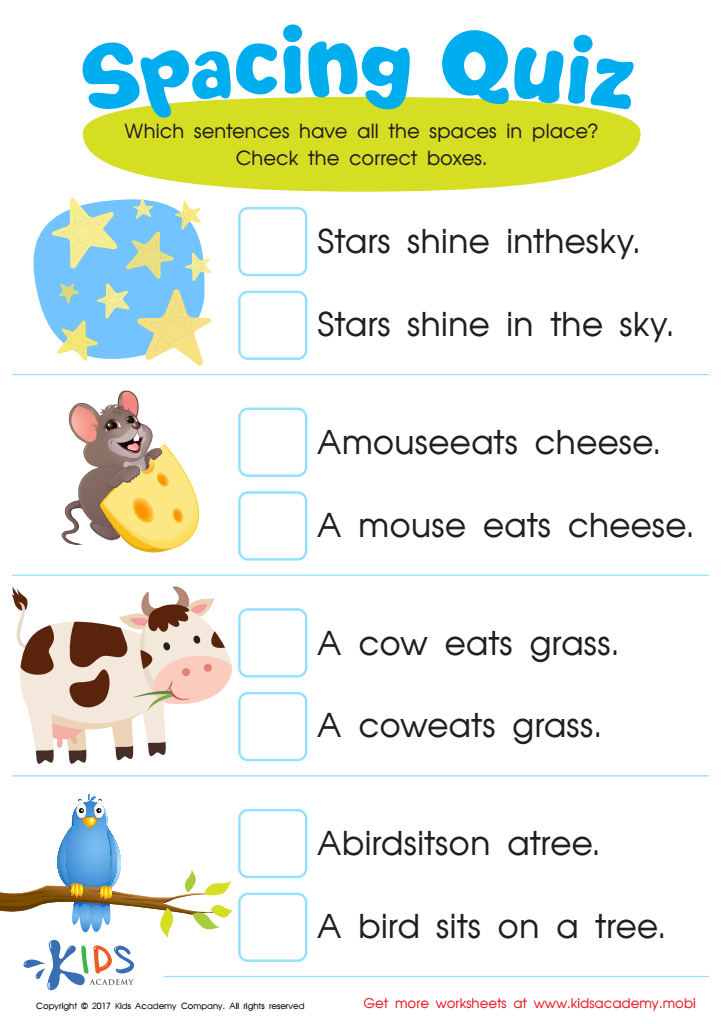

Spacing Quiz Worksheet
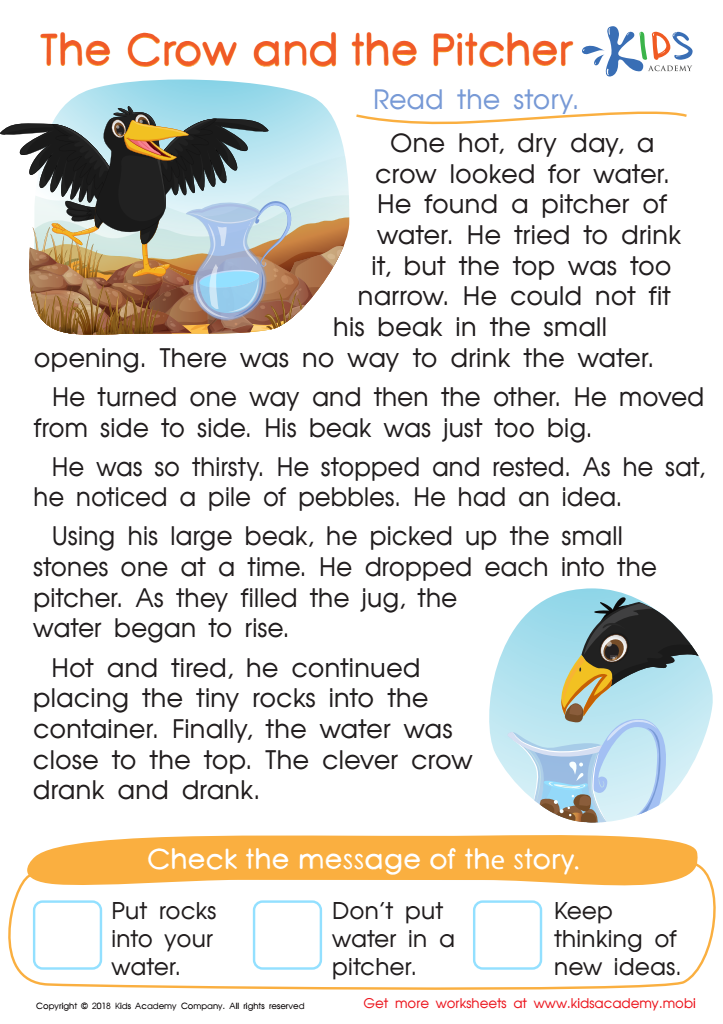

The Crow and the Pitcher Worksheet
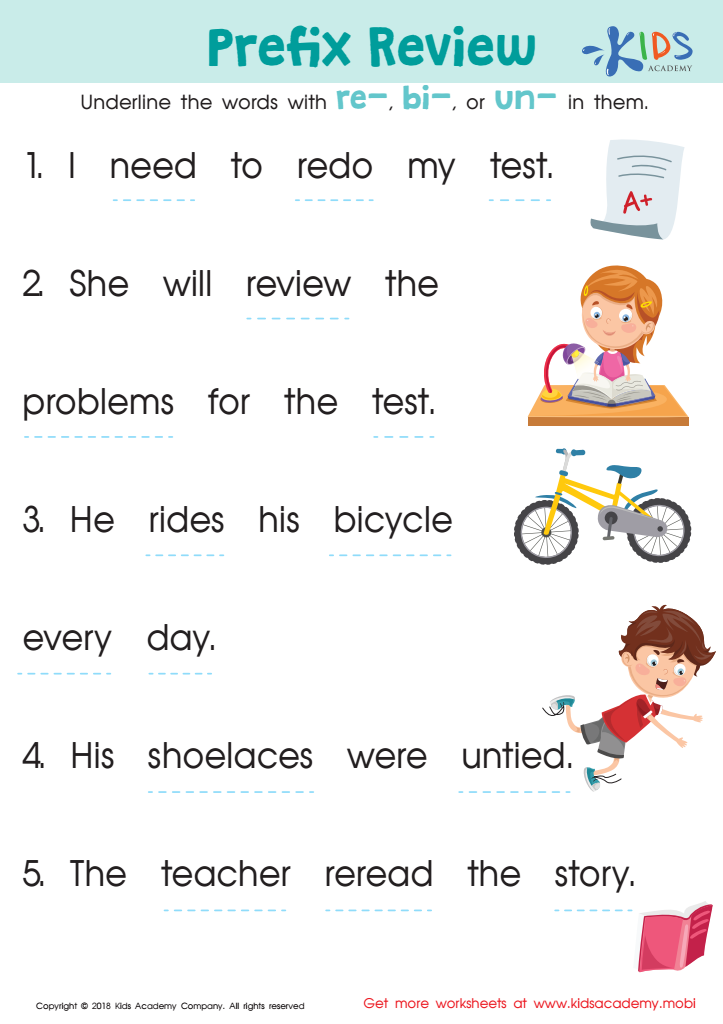

Prefix Review Worksheet
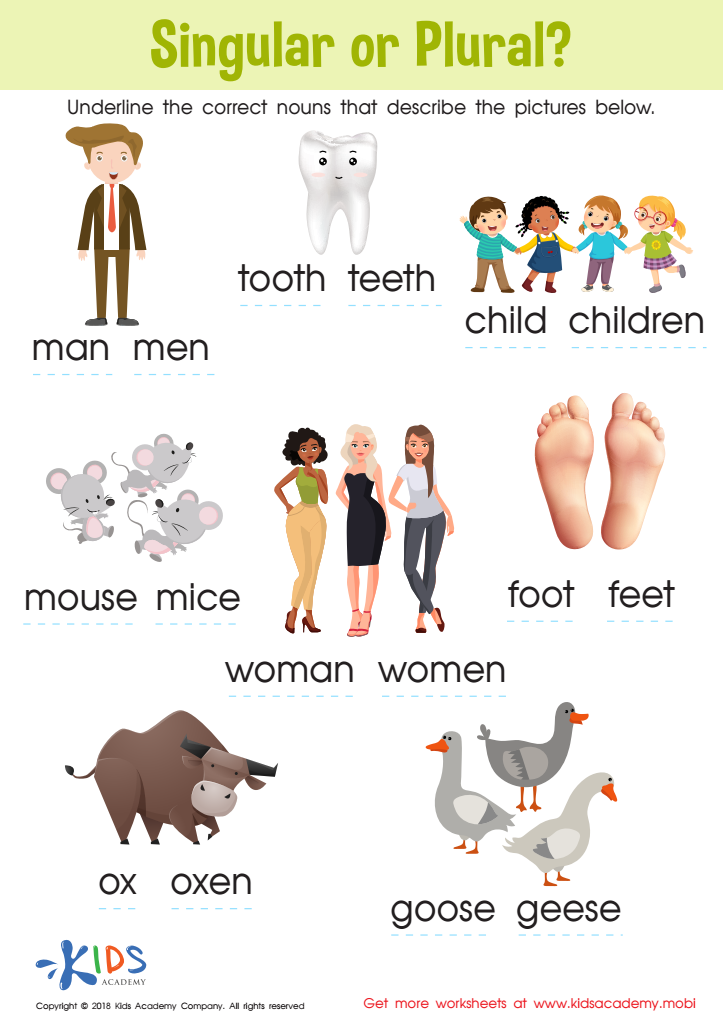

Singular or Plural? - Part 2 Worksheet
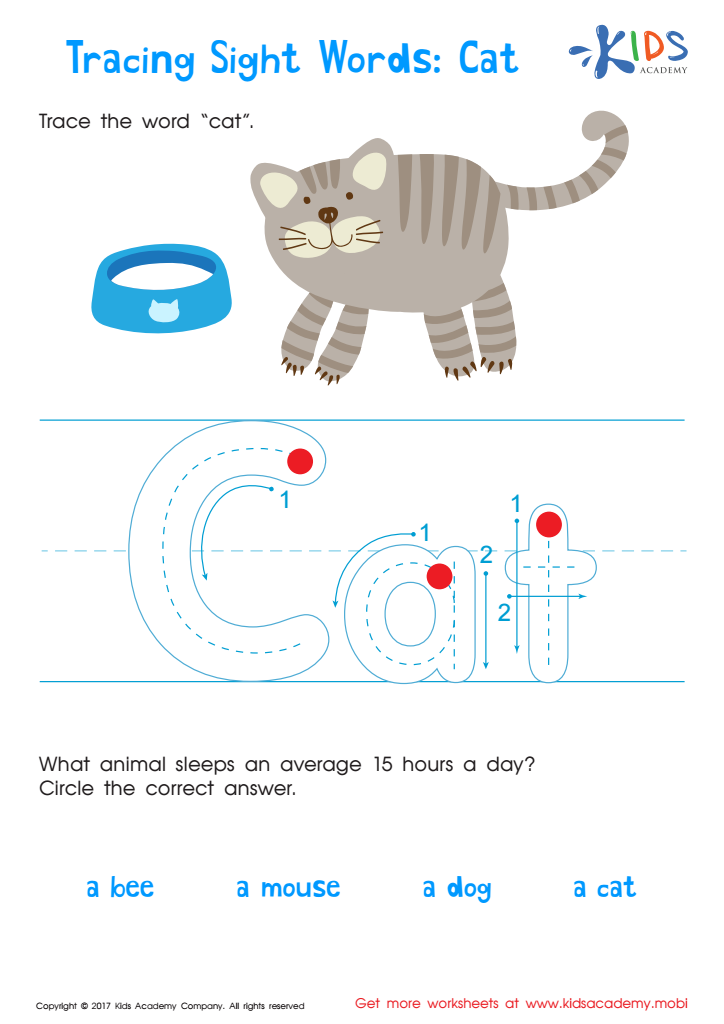

Cat Printable Sight Words Worksheet
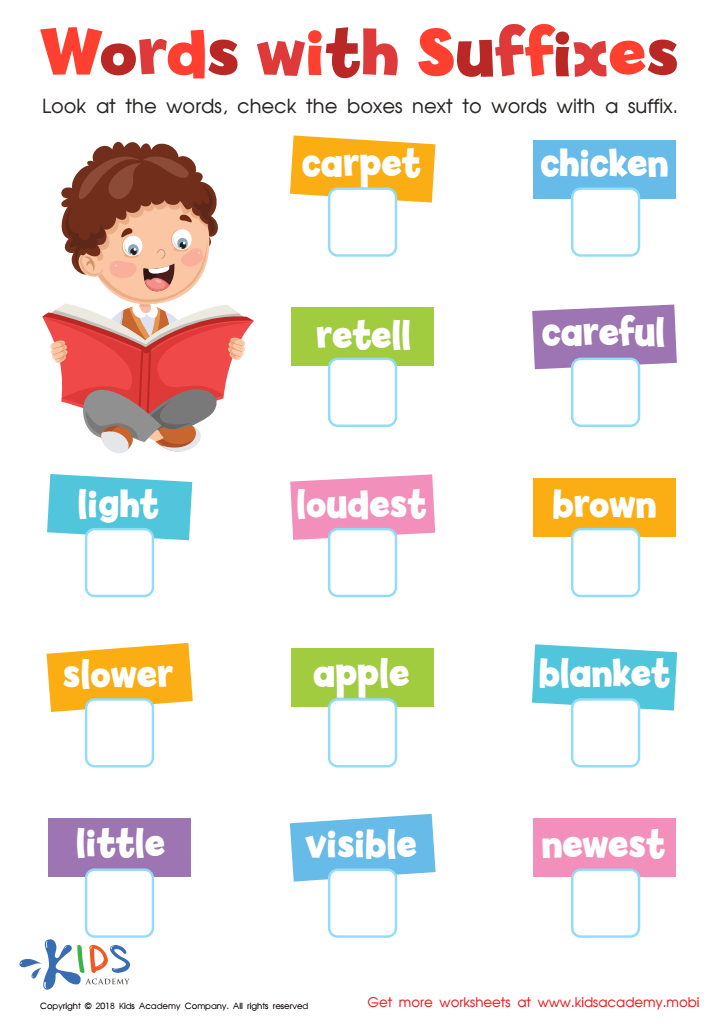

Reading: Words With Suffixes Worksheet
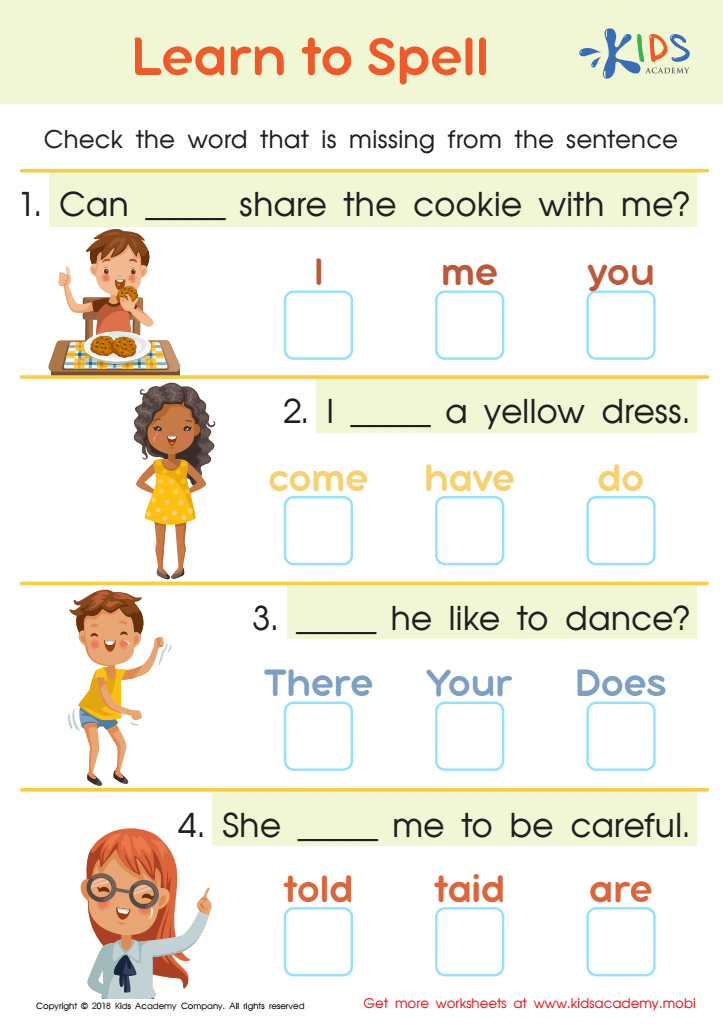

Learn to Spell Worksheet
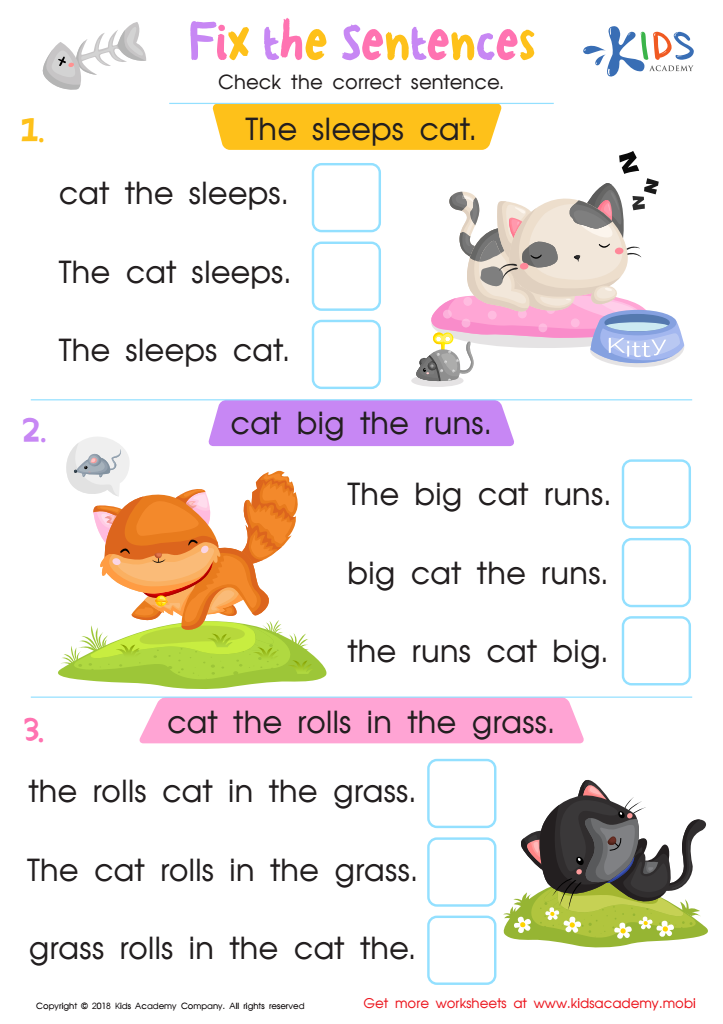

Fix the Sentences Worksheet
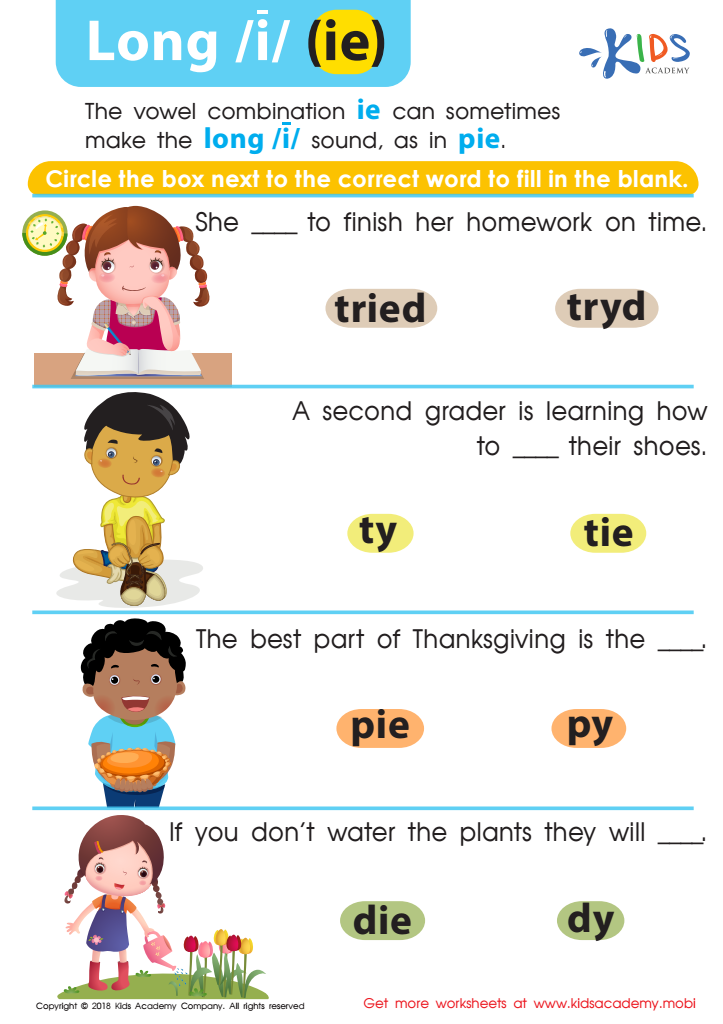

Reading: Long I and IE Worksheet
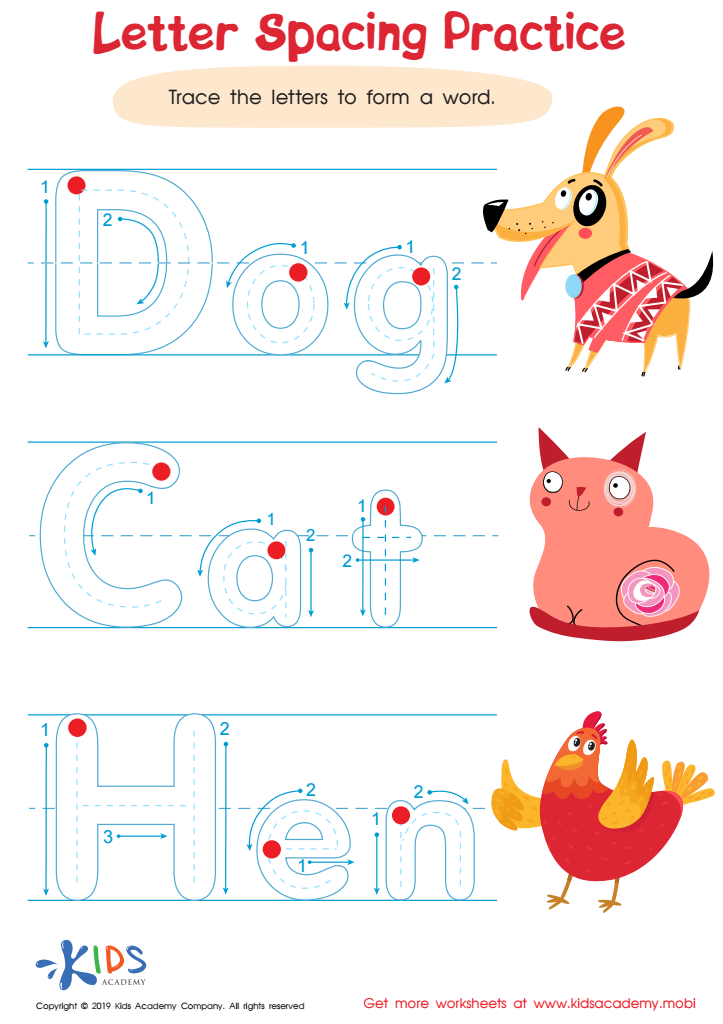

Letter Spacing Practice Worksheet
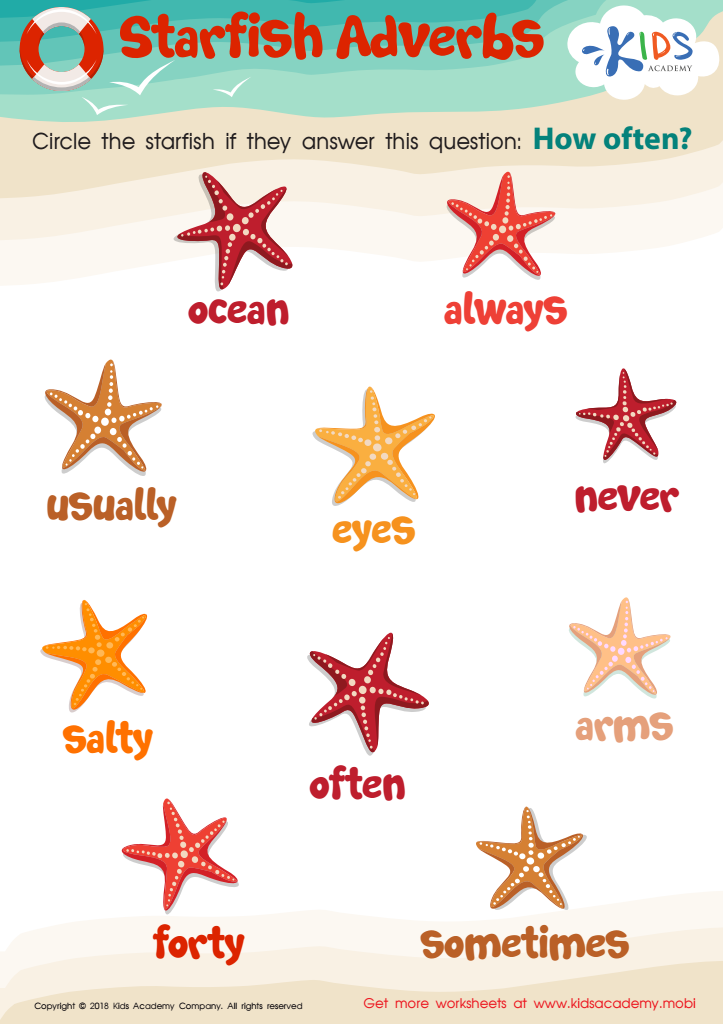

Starfish Adverbs Worksheet
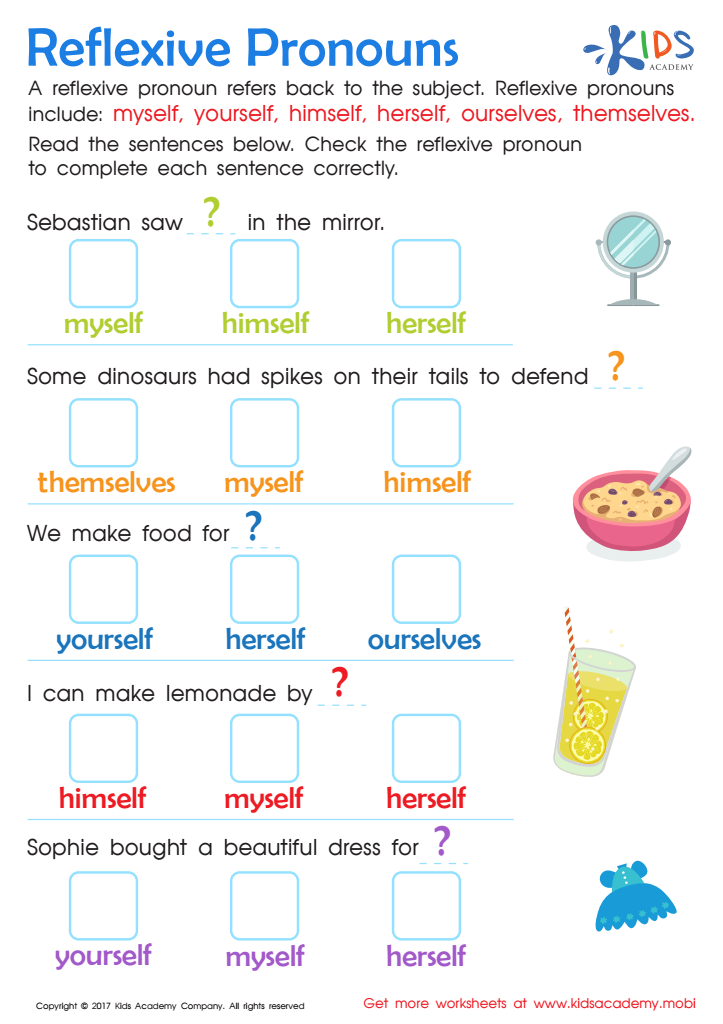

Reflexive Pronouns Worksheet
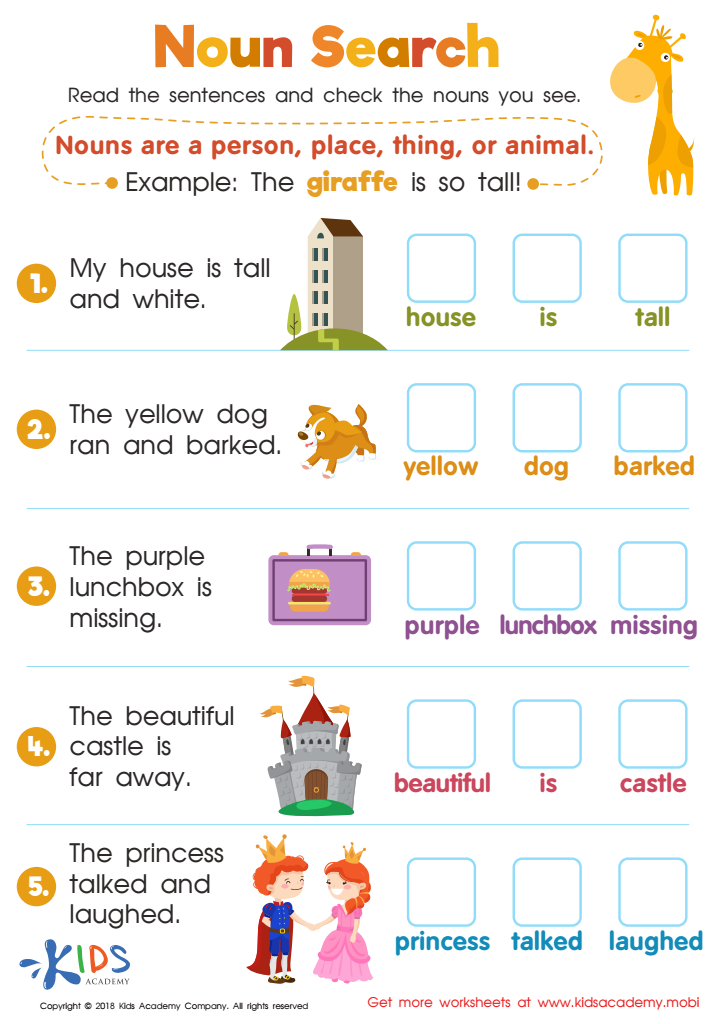

Noun Search Worksheet
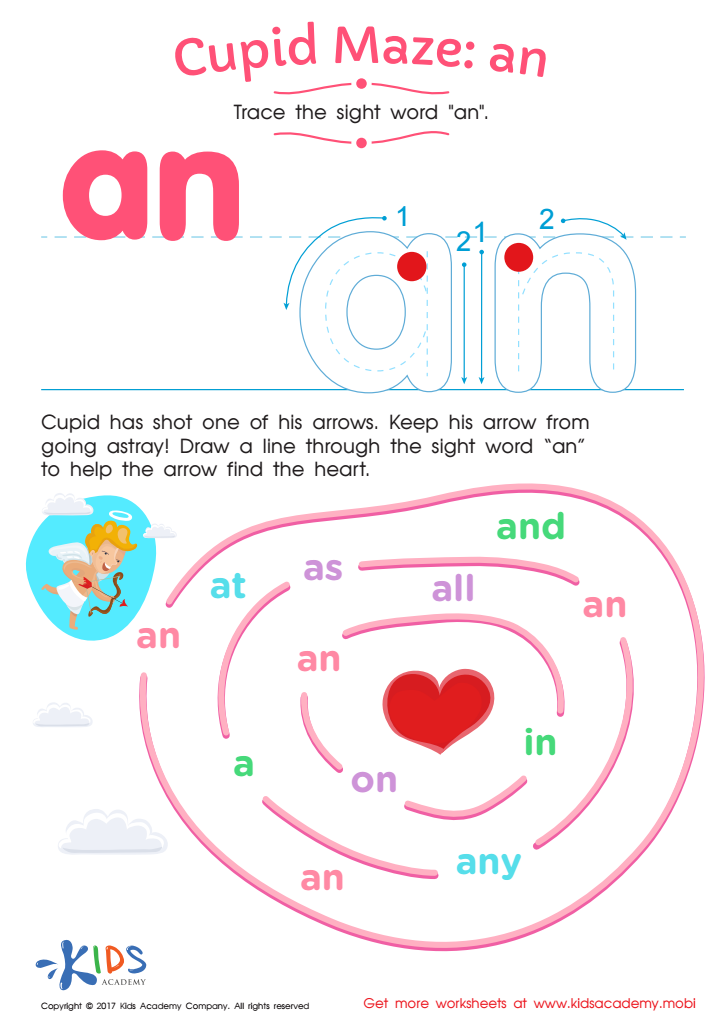

Cupid Maze: An Printable
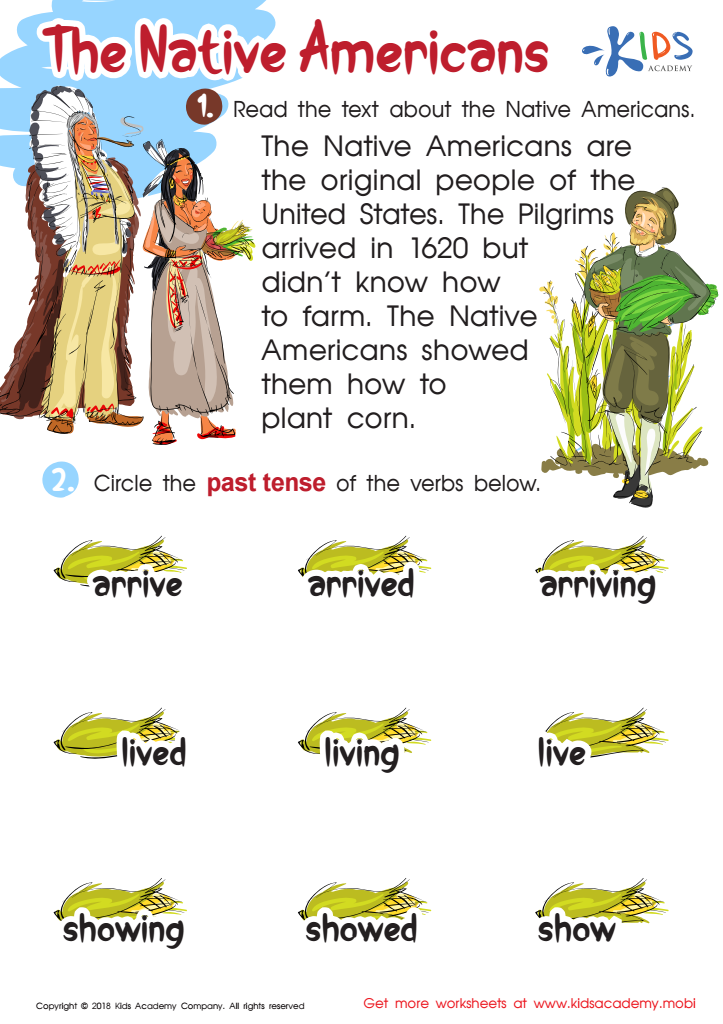

The Native Americans Worksheet
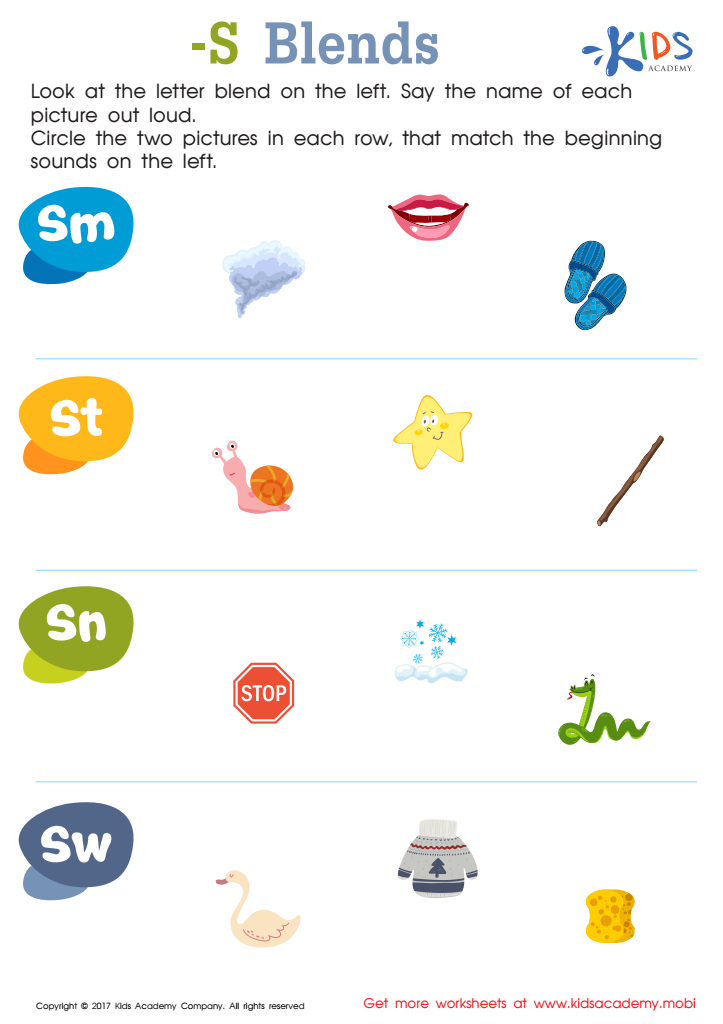

"s" Blends Spelling Printable
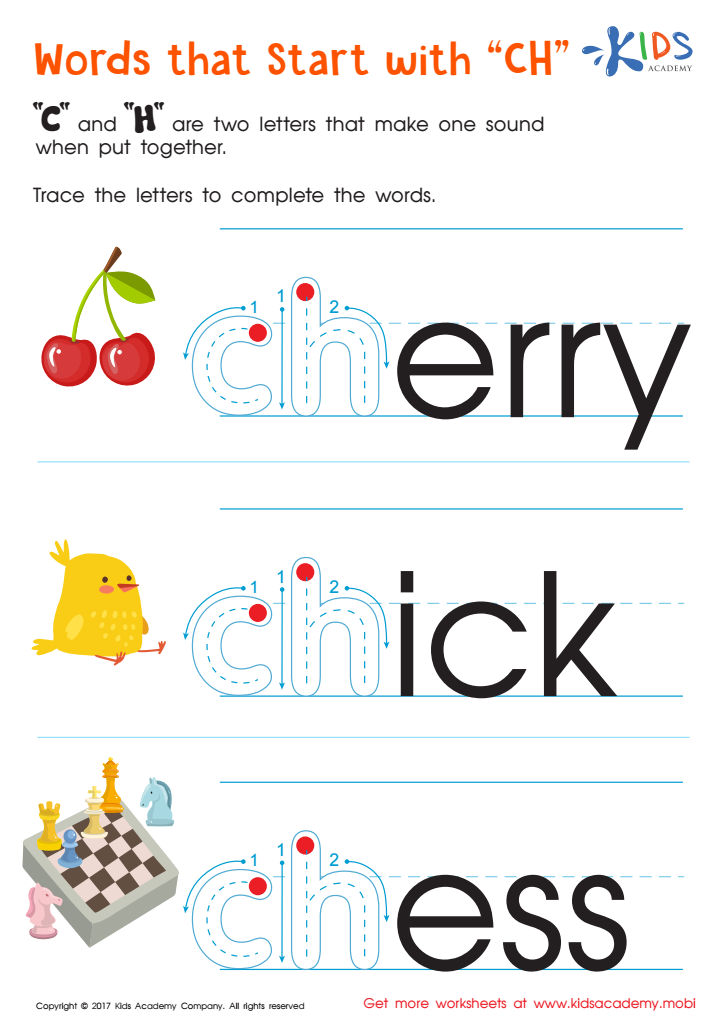

Words That Start with "ch" Spelling Worksheet
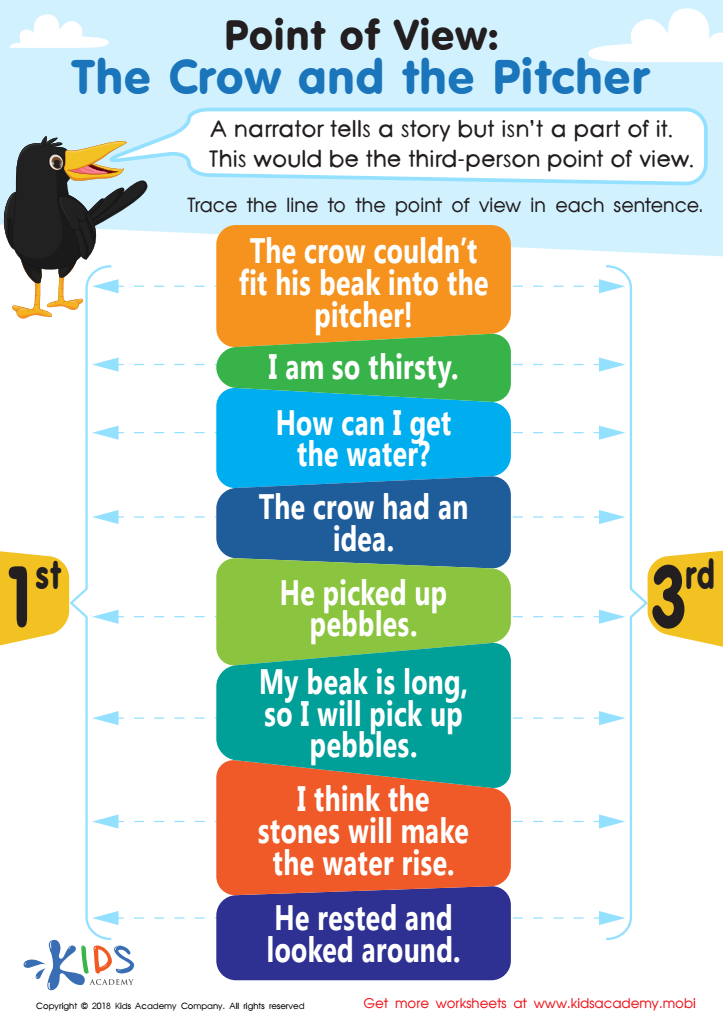

Point of View: The Crow and the Pitcher Worksheet
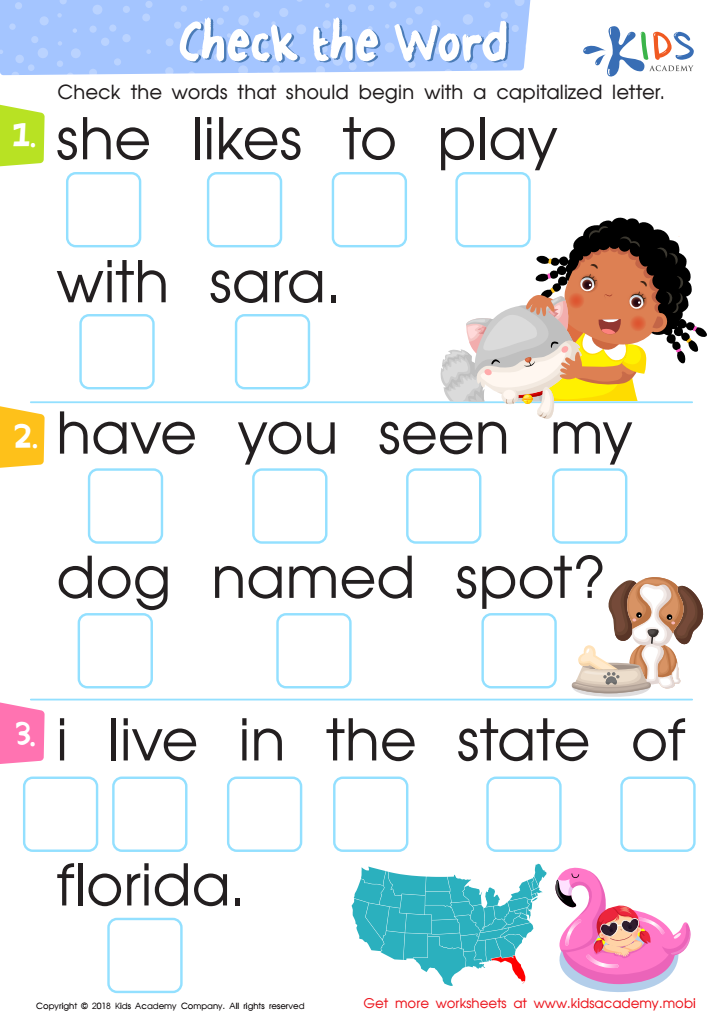

Check the Word Worksheet
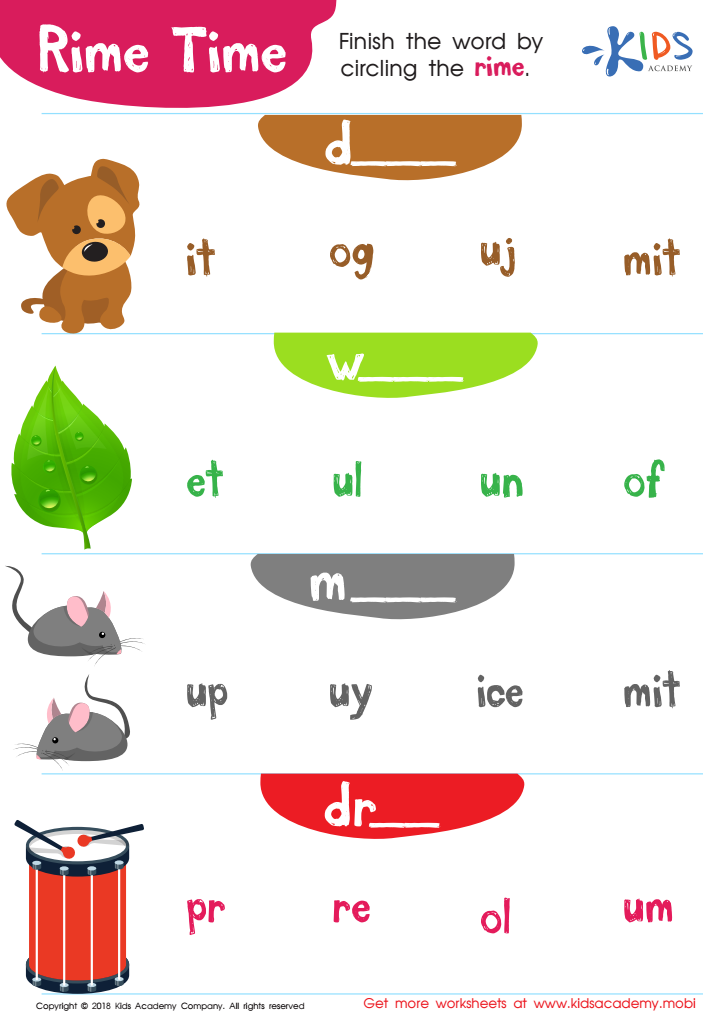

Rime Time Worksheet
Normal writing development for ages 3-7 is crucial for several reasons. First, it lays the foundation for communication skills that children will use throughout their lives. At this age, children begin to express their thoughts and feelings in writing, which enhances their ability to convey ideas effectively. Moreover, writing fosters cognitive development as it encourages critical thinking, creativity, and problem-solving.
Parents and teachers should care because writing also contributes to academic success. As children learn to form letters and sentences, they develop fine motor skills that are essential for overall handwriting and academic tasks. Encouraging writing at a young age helps children grasp language concepts, vocabulary, and grammar in a context that is meaningful to them.
Socially, writing can empower children by giving them a voice. It allows them to make connections with others and share experiences, which is essential for building relationships and developing empathy. Additionally, when parents and teachers engage in writing activities, it fosters a collaborative learning environment that strengthens the bond between caregivers and children.
In summary, nurturing normal writing skills in young children is vital for effective communication, academic achievement, cognitive development, and social skills, making it an essential focus for both parents and educators.

 Assign to My Students
Assign to My Students










